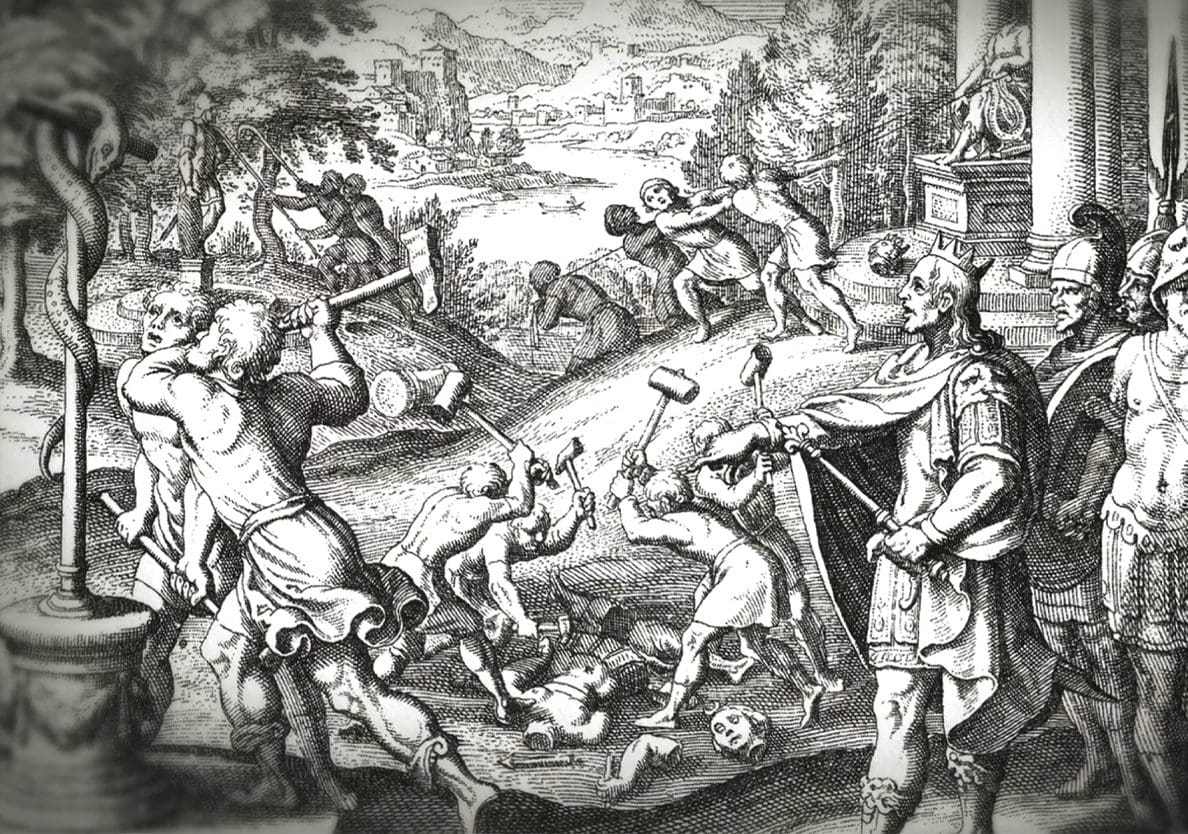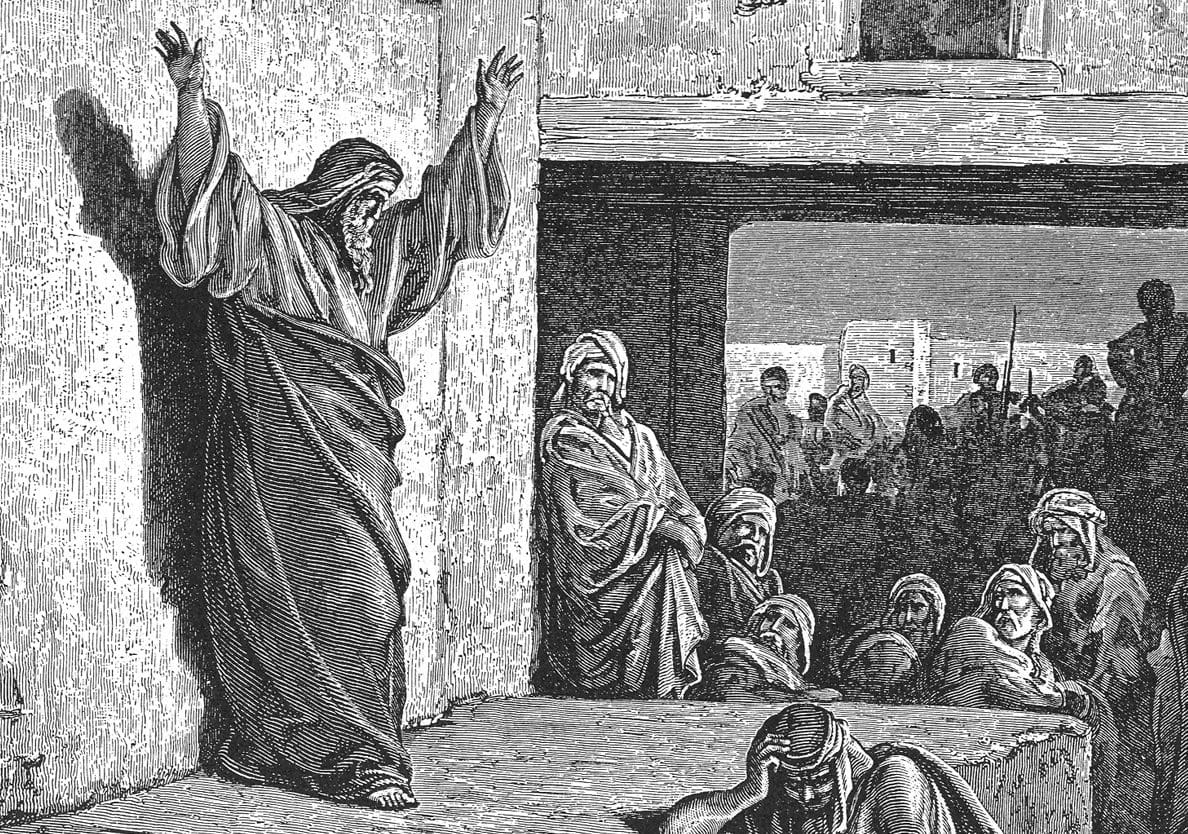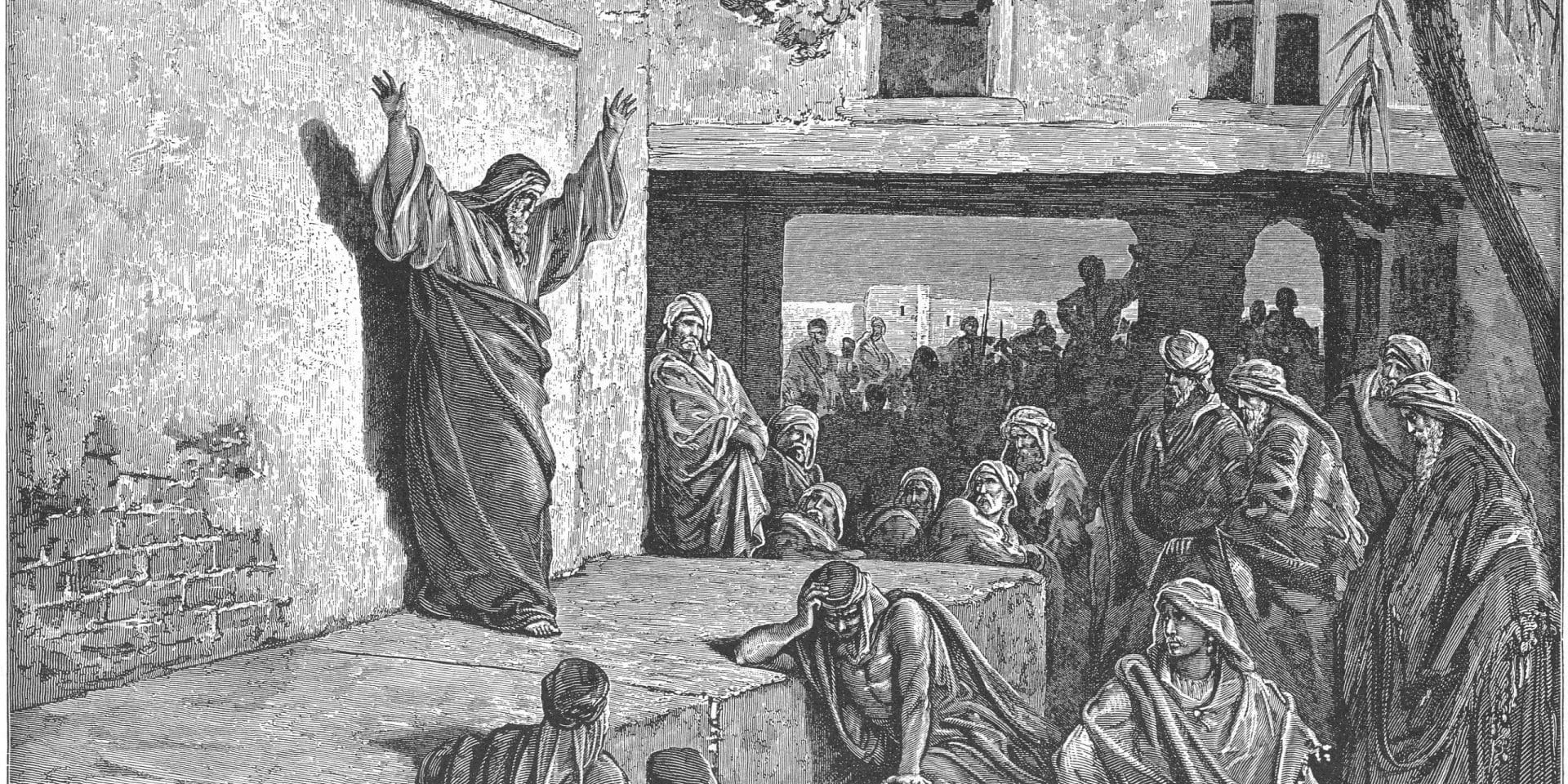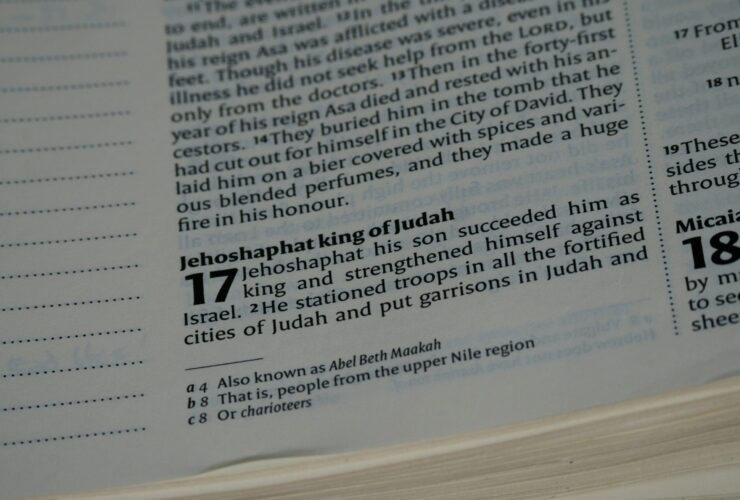Although known to us as simply Micah, his Hebrew name was Michayahu (or Michaia for short). It means “Who is like Yahweh” and interestingly, the prophet seems to hint at his own name in the Biblical book that also bears his name with the phrase “Who is a God like You?” in Micah 7:18. The Greek form of his name is Michaias but in Latin it’s Micha from which we get the modern English derivation.
Though not much is known about Micah’s personal life we do know that he was a great defender of the poor which has earned him the moniker “the poor people’s prophet”. He ministered to both the northern and southern kingdoms of Israel in the days of Jotham, Ahaz, and Hezekiah whose combined reigns spanned from c. 751-687 BC meaning he was a contemporary of the prophets Isaiah and Hosea as well as the rural prophet Amos.
“A time of prosperity had hardened the rich, who were oppressing the poor to the extent of denying them justice in the courts.”
Karen H. Jobes
In fact, similar to Amos, Micah was also a country prophet. He hailed from a Judean village called Moresheth, which apparently was a productive agricultural area about 25 miles southwest of Jerusalem. Both Micah and Amos were also probably from families of relatively humble status. Is it any wonder, then, that both prophets had a heart for the poor who were facing oppression at the hands of the rich and powerful?
Indeed, it was a time in Israel’s history when the people of Judah had become just as spiritually and ethically corrupt as the apostate northern kingdom of Israel. “The heirs to David’s throne were practicing the same abominations as the illegitimate kings of the northern kingdom (see Mic. 1:5; 2 Kin. 16:1-10). A time of prosperity had hardened the rich, who were oppressing the poor to the extent of denying them justice in the courts (Mic. 2:1, 2; 6:9-12; 7:2, 3). The priests and prophets were performing the religious rituals as prescribed by Yahweh, but for a fee.”[1]
The nation was engaging in idolatry, injustice, rebellion, and empty ritualism all in the name of religion. But it was false. Thus, Micah, much like James did in the New Testament, was calling people back to true religion which, he says, is “to do justly, to love mercy, and to walk humbly with your God.” (Micah 6:8, cf. James 1:27) It is the very essence of the law: To love God with all your heart, soul, mind, and strength and to love your neighbour as yourself.


Even though the northern kingdom of Israel refused to change her ways and was subsequently destroyed by the Assyrians, Micah’s call for repentance was heeded by King Hezekiah which spared Jerusalem from the Assyrian assault (Jeremiah 26:18). Micah’s words also later saved the life of Jeremiah, who was on trial for his prophecies. But when his accusers reviewed Micah’s words, they found their messages to be much the same.[2]
Even though Micah was extremely angry about the sin of his people, he nevertheless had a pastor’s heart. As one scholar observes, “The prophet’s anger and urgency are tempered by his tenderness, sympathy, and sorrow for his nation”[3] And, even though, the whole nation was to face divine judgement, Micah points to a future time when it will be restored under the rule and reign of the promised Messiah. Maranatha!

Ryan Hembree is a daily co-host, speaker, and writer of Bible Discovery. He also hosts a YouTube channel that shows the unity of the Bible and how science and Scripture fit together. Ryan also has an honorary Masters of Ministry in Creation Science from Phoenix University of Theology.






